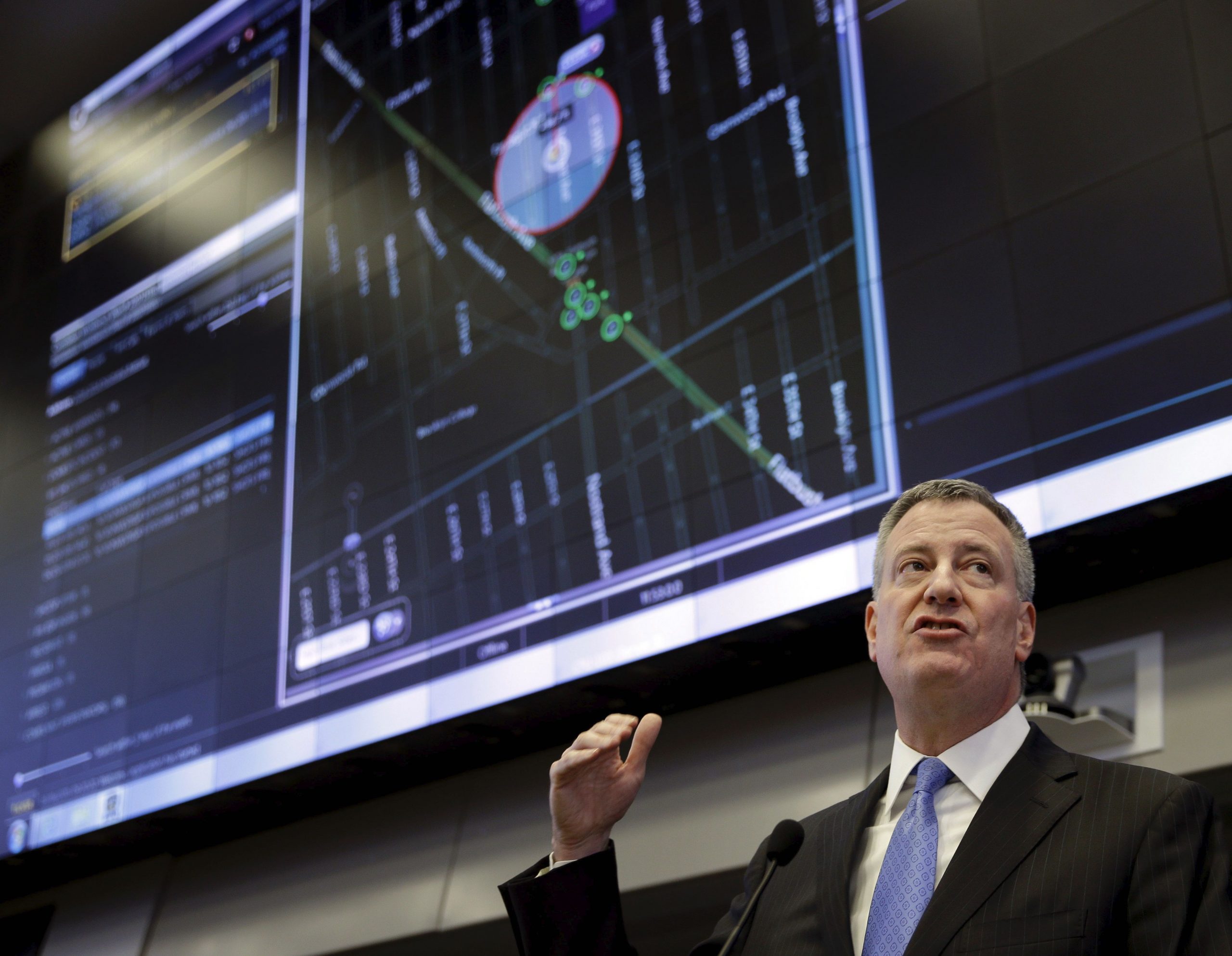Receive this daily news briefing by email every morning. Sign up here.
NEW FROM THE TRACE
Gun companies received millions in PPP loans. The Trace’s Daniel Nass and Alain Stephens identified more than 50 manufacturers of guns and gun accessories that received loans from the Small Business Administration. The total payout: between $33 million and $75 million. Among the recipients: Brownells and Kimber Manufacturing, which both received between $5 and $10 million — the largest loans available. Henry Repeating Arms, a major rifle and shotgun manufacturer, received a loan in the $2 to $5 million range. Read on for more.
Amid calls to defund the police, Baltimore hits pause on gun violence command centers. At the end of 2017, as Baltimore was facing the highest murder rate in the city’s history, the Police Department turned to a tool that appeared to be getting results in Chicago. The following summer, it rolled out Strategic Decision Support Centers in two of the city’s most violent police districts. Staffed by cops and crime analysts, the real-time intelligence hubs keep police informed about what’s happening on the ground and respond to crimes as they occur. In Baltimore, the centers have also shared vital intel with street outreach workers, who say the information “helped save some young people’s lives.” Now the City Council, led by Baltimore’s mayor-in-waiting, has cut funding that would have doubled the units. J. Brian Charles has the story.
WHAT TO KNOW TODAY
Congressional Democrats unveil bill banning machines used to make ghost guns. The ‘‘Stop Home Manufacture of Ghost Guns Act’’ would limit the possession of machines that manufacture gun frames and receivers to licensed gunmakers. The measure applies to milling machines like the Ghost Gunner, which enable the construction of firearms without serial numbers from blueprints available online. The legislation’s sponsors, U.S. Representatives Jamie Raskin and David Cicilline, cited a “nationwide surge in ‘build-it yourself’ gun kits.”
Son of D.C. street outreach worker killed during anti-violence cookout. Davon McNeal, 11, had just arrived at a Fourth of July barbecue in the city’s Anacostia neighborhood when gunfire rang out. He was struck in the head. The event had been organized by McNeal’s mother, Crystal, who is employed by the D.C. government as a violence interrupter and works to mediate conflicts before they escalate to gunfire. Davon, known to loved ones as “DayDay,” was supposed to be on vacation last week in Florida with his grandfather, but the trip was cancelled because of the coronavirus.
Legal advocates in NYC say ShotSpotter contributes to overpolicing in communities of color. Legal Aid attorney Jerome Greco tells The City that the gunfire detection system “gives [police] somewhat of a justification in their mind to harass people.” On several occasions this year, cops responding to ShotSpotter alerts have had confrontations with residents or arrested people for non-gun-related offenses, like marijuana use. The NYPD says that ShotSpotter, which was first adopted by the city five years ago at a cost of $28 million, allows officers to respond much faster to shootings, particularly those that aren’t reported.
DATA POINT
“The six people killed and 27 wounded in Philadelphia shootings this weekend will result in an economic burden of nearly $10 million, to be paid mostly by taxpayers, as calculated from the city’s 2019 Roadmap to Safer Communities.” — Jim McMillan/Twitter

